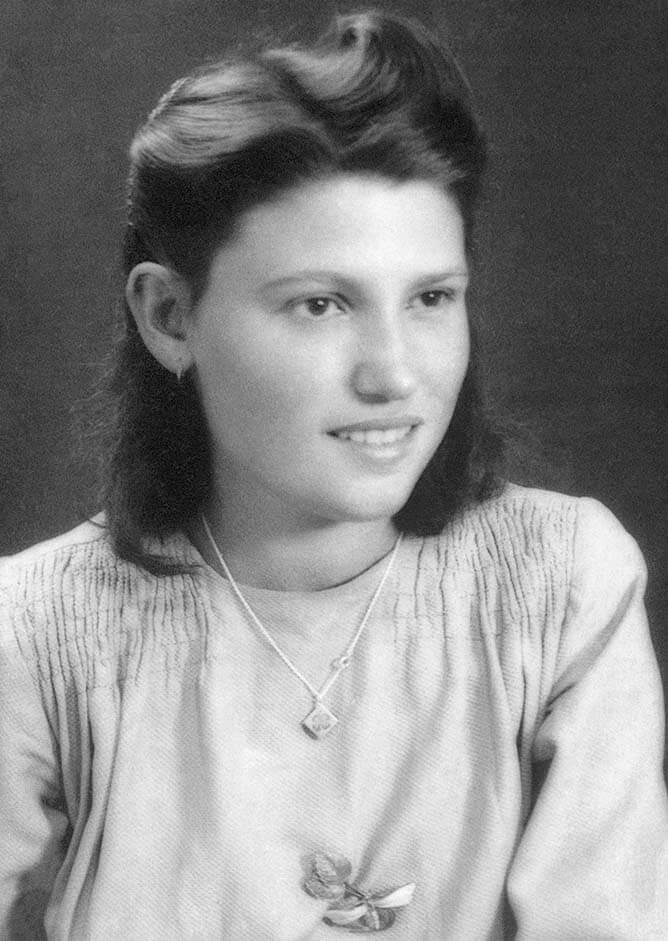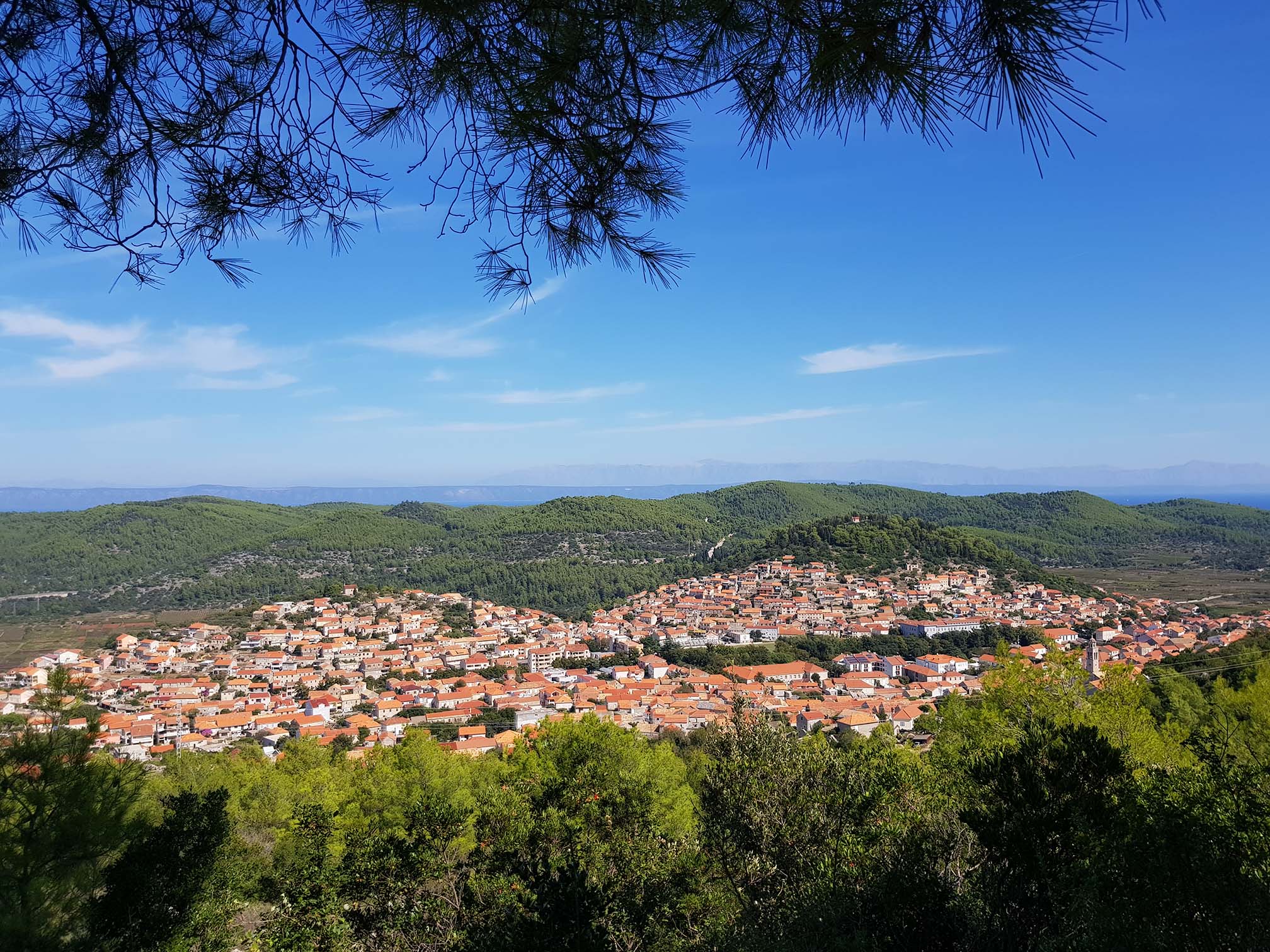January 20, 2022 - The Croatian diaspora book ''The girl who left'' tells the story of Marija, a little girl from Blato who left her village to start a new life in Australia. The author is her daughter, Debra Gavranich. ''Ever since I was a child I have wanted to write my mother’s story. It is one of courage and hope''.
As years and decades go by, nostalgia and memories of the motherland begin to weigh more heavily, and the desire to pursue our origins and roots grows stronger. One of the most characteristic things about the Croatian diaspora is how far they have drifted from their country: Argentina, Chile, Canada, the United States, Peru, New Zealand, Australia, among others. We are talking about societies and geographies very different from those of their homeland. Nowadays, with so much distance both in space and time, how do they manage to get closer to the country in which their ancestors were born?
The first generations of Croats who emigrated kept the traditions of their families and their homeland and made sure to pass it on to their children, grandchildren, and great-grandchildren. But what really inspires us to value our Croatian ancestry are their stories and tales about their families, their homeland, and, of course, the tough decision to leave it all behind. Some have already made their lives in other parts of the world, but proudly celebrate their roots to this day. Others have returned to "our beautiful homeland" to honor their ancestors. Both perspectives are equally valuable in learning more about Croatia.

Portrait of Marija, Debra's mother.
The Croatian diaspora book ''The girl who left'', about Debra Gavranich's mother, Marija, is one of those stories that help celebrate Croatian heritage by sharing about the journey and experience of migration.
''My mother, Marija, was from Blato on the island of Korčula. Her childhood was impacted by the Second World War when her village was occupied by the Italians and then the Germans'', recalls Gavranich. ''Her older sister joined the Partisans as a code breaker for General Tito while Marija and her younger sister secretly helped the Partisans hiding in the hills. After the war, she agreed to a proxy marriage to my father, a sugar cane farmer in Australia. He had left the village as a child. A life in Australia with a husband she did not know was a risk worth taking and she left her family, friends, culture, and all she had known and traveled alone by ship to this foreign country. This is a story of a new migrant and the life she made for herself''.

The town of Blato, on the island of Korčula; Marija's birthplace.
The Croatian diaspora book is called ''The girl who left'' and is published by Wild Dingo Press. It was released in August 2021 and has already sold thousands of copies. Aside from numerous launches in Australia, it was also launched in Blato, her mother's birthplace, on August 19th. ''There is a lot of interest in this book in Australia by the Croatian diaspora as well as the general public and the feedback has been wonderful'', adds Debra, who's been interviewed by several media. You can listen to her interviews with ABC Radio Australia from September 3rd, 2021, and September 24th, 2021.
''My publisher is currently searching for Croatian publishers so that this story can be translated and published in Croatia. I am hopeful. This story is representative of many of the Croatians that left their homeland and a little bit of their hearts behind as they made new lives in Australia'', says Debra.
To learn more about the Croatian diaspora, be sure to check our dedicated section.


